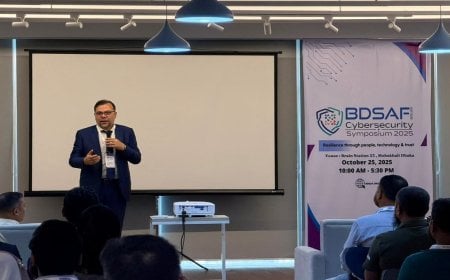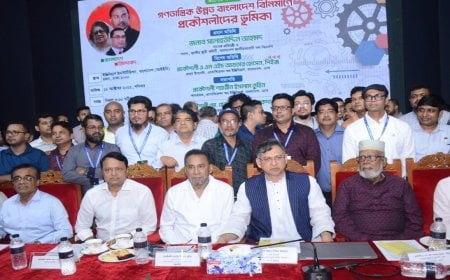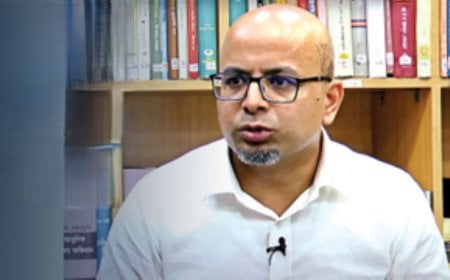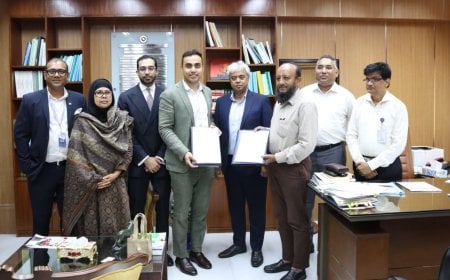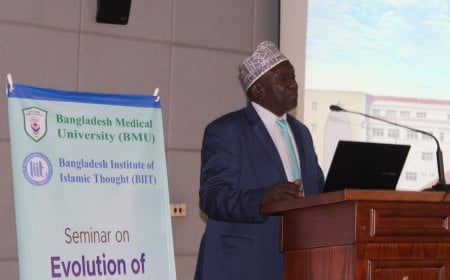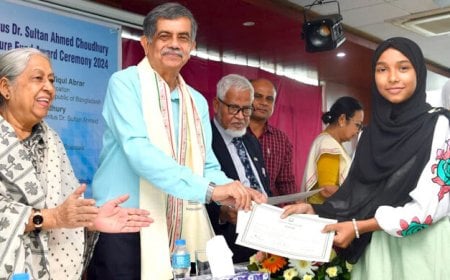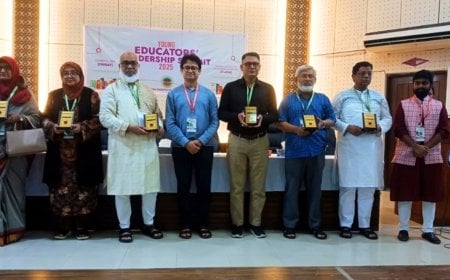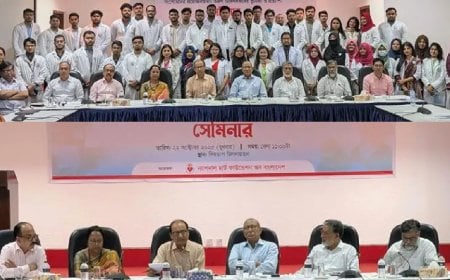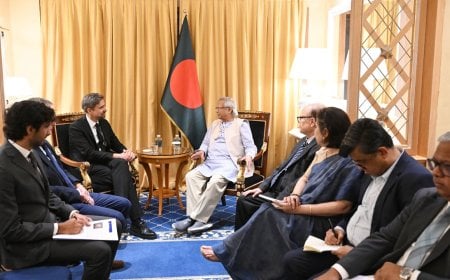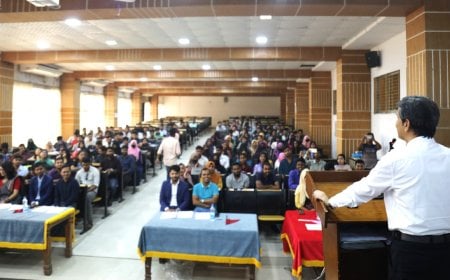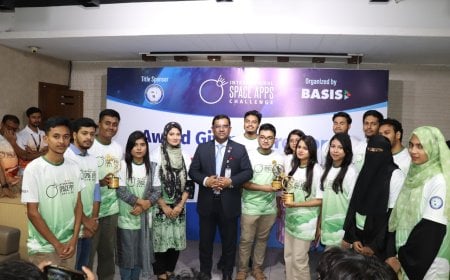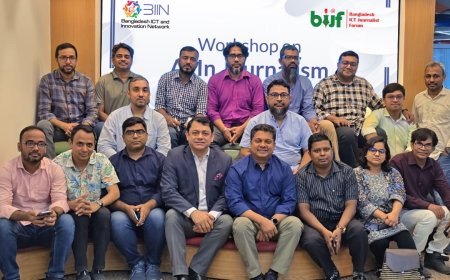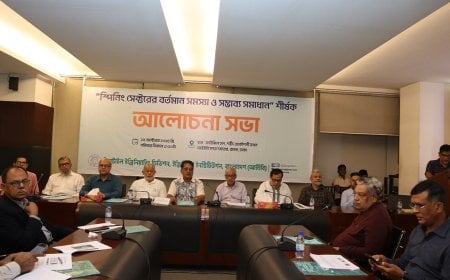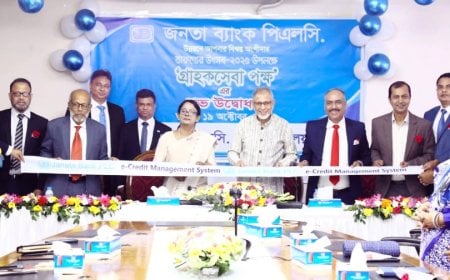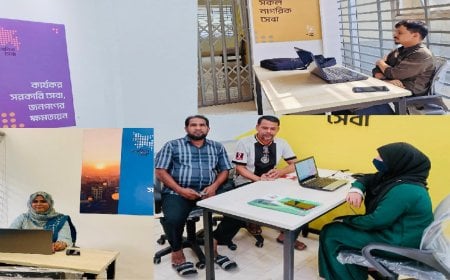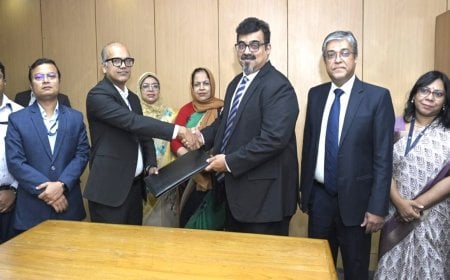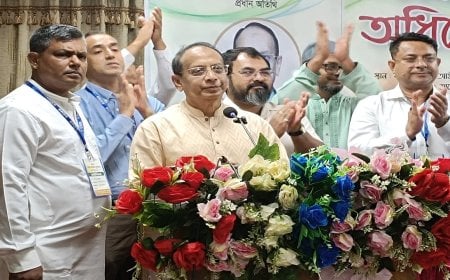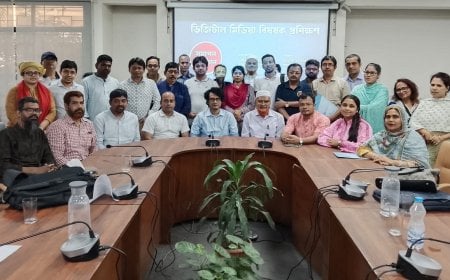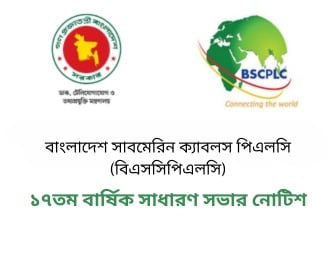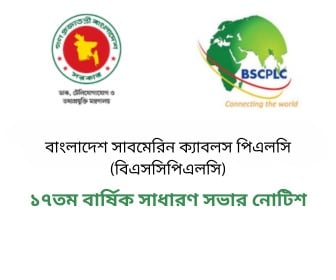Salman Khan Stresses AI’s Transformative Role in Democratizing Education

Highlighting the transformative power of technology in democratizing education, Salman Khan, founder of the non-profit online learning platform Khan Academy, emphasized the need for greater access to quality education and greater autonomy for teachers. Speaking virtually at a roundtable discussion titled “From Classroom to Career: Enriching Bangladesh’s Future”, he said, “If students are given access to quality learning opportunities and teachers are empowered with the right tools and freedom, education can be truly transformed.”
In a podcast discussion, Khan elaborated on the risks, prospects, and future of AI in education, noting that “AI-driven tools can help bridge learning gaps more effectively than traditional methods.” He added that in regions where qualified teachers are scarce, AI can serve as a valuable supplement. “For centuries, only affluent families could afford personal tutors. AI has the potential to close that inequality. If we can make the benefits of a quality personal tutor available to all, educational disparity will be significantly reduced.”
The seminar, organized by Sajida Foundation on Wednesday, 22 October, at a hotel in Dhaka, called for coordinated initiatives to bridge the gap between education and employment in order to build a more productive workforce, boost economic growth, and enhance social well-being.
In his presidential address, Sajida Foundation Chairman and former diplomat Farooq Sobhan observed that Bangladesh lags behind many countries due to poor-quality education, despite once being ahead economically. “China, South Korea, Malaysia, and Vietnam were once behind Bangladesh, but they have all surged ahead because of their strong and equitable education systems,” he said. “We can achieve the same, but first we must overcome our mental barriers and adopt a comprehensive approach to improving education quality.”
Sajida Foundation’s Chief Executive Officer Zahida Fizza Kabir stated, “Bangladesh stands at a crucial juncture with one of the largest youth populations in the world. If we fail to equip this generation with the right skills and mindset, our demographic dividend could turn into a demographic burden.”
Azwah Nayeem, Strategy Lead for Sajida Foundation’s Education Department, noted, “Teachers are now using data-driven methods to deliver lessons, which is positively impacting student learning outcomes.”
The roundtable also showcased the progress of a Khan Academy pilot project conducted across 31 schools involving 5,342 students. The findings revealed a notable improvement in students’ learning performance.

Other speakers included Rasheda K. Chowdhury, Executive Director of Campaign for Popular Education and former Adviser to the Caretaker Government; Sohail R.K. Hussain, Managing Director of Bank Asia; Farzana Chowdhury, Managing Director of Green Delta Insurance; Nazim Chowdhury, Deputy Managing Director of Prime Bank; Asif Sad Bin Shams, Additional Managing Director of IDLC Finance; Majith Mivanes, CEO of Commercial Bank; Nadia Rashid, Programme Manager of the European Union; Emily Goldman, Manager at Khan Academy; Jahin Hasan, Director of Kazi Farms; Hosne Ara Loma, HR Director of Nestlé; Shipon Kumar Das, Project Director of the Government’s LAISE Programme; Dilruba Chowdhury, Programme Director of Agami Edutech; Chaudhury Mohammad Riad, Executive Director of the American Chamber of Commerce in Bangladesh (AmCham); and Sajida Foundation advisers Shehzad Munim and Deputy CEO Md Fazlul Haque.
The participants collectively urged a comprehensive reform of Bangladesh’s education system so that young learners can enter the workforce not only with knowledge but also with skills, creativity, and confidence. They also stressed the importance of building strategic partnerships and ensuring innovative funding and policy support from both the public and private sectors.

